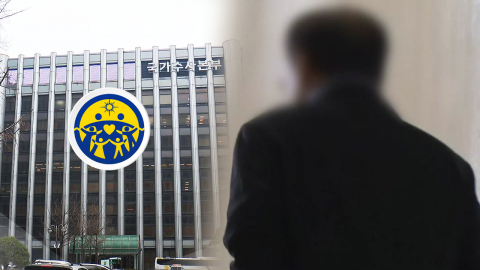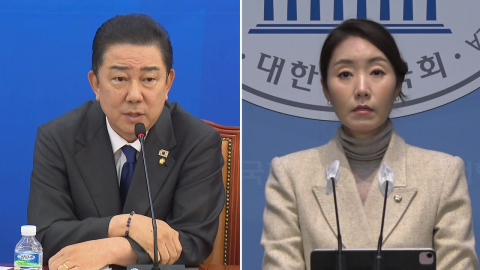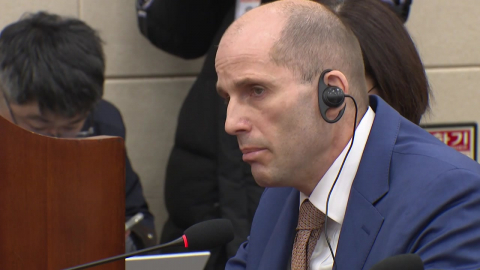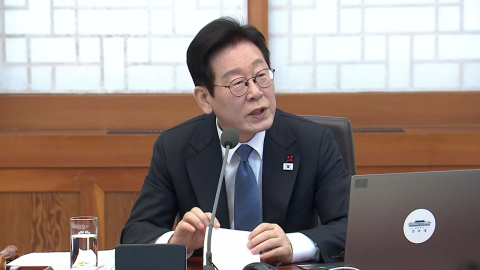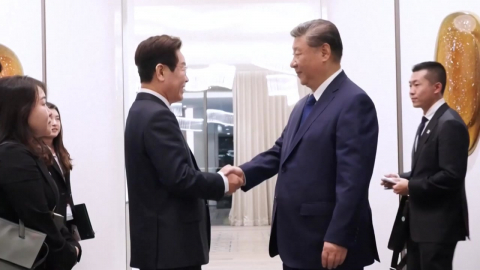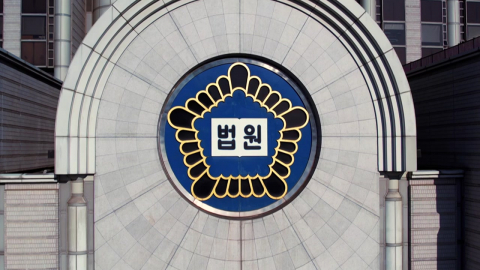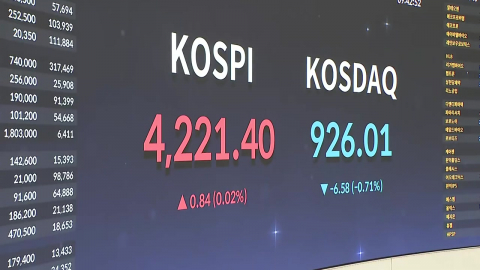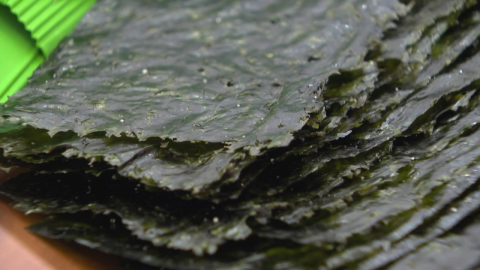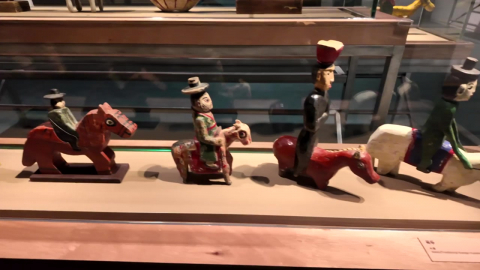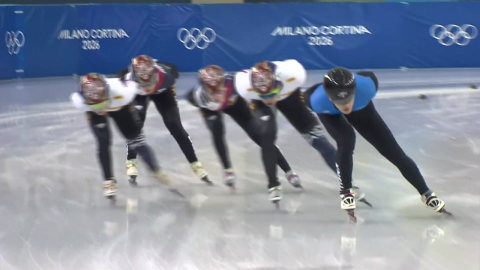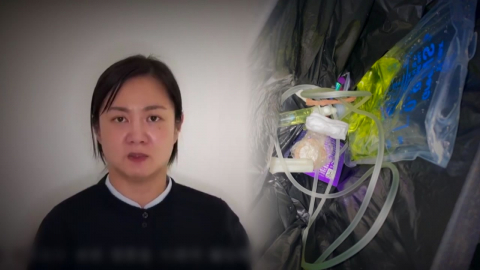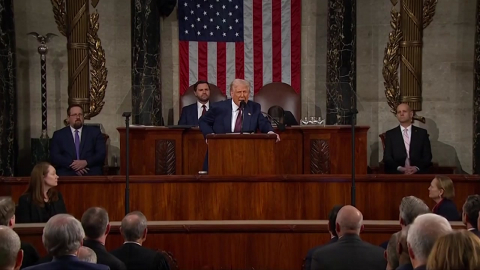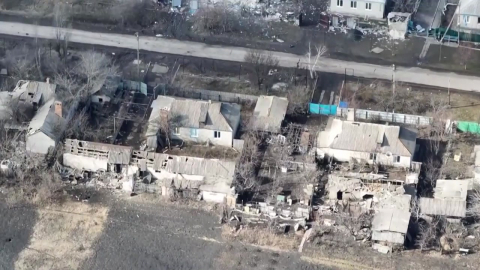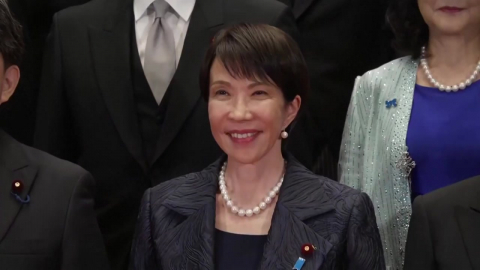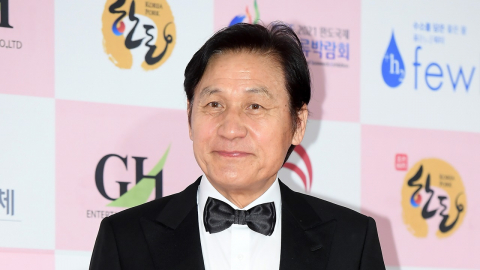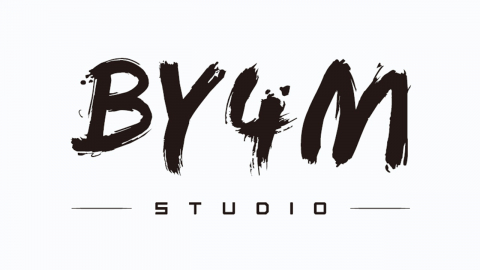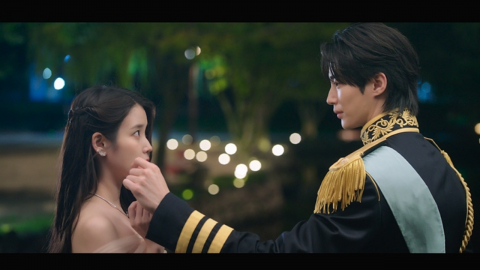-
첫 일출, 체감 -20℃ 한파 속 떠오른다…서해안엔 눈재생
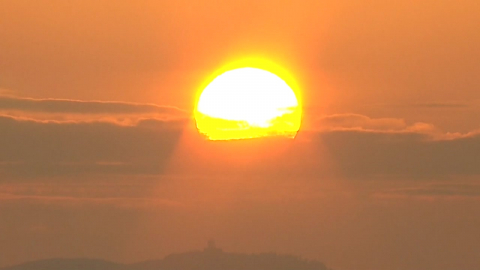
- [현장영상+] 11명 시민대표와 33번의 타종…서울 보신각 타종행사
- 한파에도 새해맞이 한창…DDP 가득 채운 시민들
- 다사다난했던 2025년 안녕…"새해에는 좋은 일만 있길"
-
단독 서울청, 김병기·강선우 사건 직접 수사…강제수사 초읽기재생
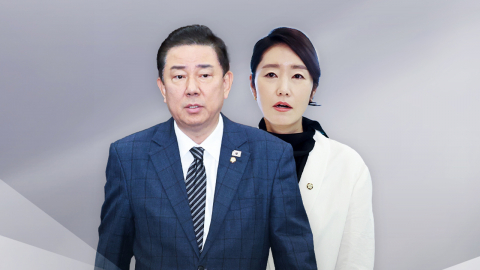
-
더불어민주당 강선우 의원이 지난 2022년 지방선거 과정에서 공천 헌금 1억 원을 수수했다는 의혹과 관련해 서울경찰청이 수사에 나섰습니다. 이밖에 김병기 전 원내대표의 각종 비위 사건도 서울청이 차례로 넘겨받아 직접 수사하기로 했는데, 조만간 강제수사에 나설 거란 관측이 나옵니다. 이현정 기자의 단독 보도입니다. [기자] 더불어민주당 강선우 의원이 지난 2022년 지방선거 과정에서 공천 헌금 1억 원을 수수했다는 의혹에 대해 서울경찰청 공공범죄수사대가 본격 수사에 착수했습니다. 지난 2022년 민주당 서울시당 공천관리위원이었던 강 의원의 보좌관이 당시 예비 후보였던 김경 서울시의원으로부터 1억 원을 받았다는 의혹입니다. 당시 공천관리위원회 간사였던 김병기 전 원내대표와 상의한 녹취가 공개됐는데, 실제 김경 서울시의원은 강서구 후보로 공천을 받아 당선됐습니다. 김 전 원내대표의 경우 공천 헌금을 묵인해 당의 업무를 방해했다는 의혹을 받습니다. 서울경찰청이 두 사람에 대해 직접 수사에 나선 가운데 김병기 전 원내대표의 다른 비위 사건도 잇따라 서울청에 이송된 것으로 YTN 취재 결과 확인됐습니다. 먼저, 김 전 원내대표가 재작년 8월 보좌관에게 국정원에 다니는 아들의 업무를 도와줄 것을 지시했다는 고발 사건이 서초경찰서에서 이송됐고, 재작년 11월 대한항공에서 160만 원 상당 호텔 숙박권을 받고 특혜 의전을 요구했다는 의혹도 영등포경찰서에서 넘겨받았습니다. 이밖에 장남 국정원 채용 개입 의혹, 지역구 병원 진료 특혜 의혹, 배우자의 구의회 업무추진비 사적 유용 의혹 등도 서울경찰청이 한꺼번에 수사합니다. 다만, 차남의 숭실대학교 편입과 취업청탁 의혹 사건은 지난해 9월부터 수사가 진행돼 온 만큼, 동작경찰서가 계속 맡을 예정입니다. 서울경찰청이 수사하는 김병기 의원 관련 사건은 현재까지 모두 10건, 여기에 강선우 의원의 1억 수수 의혹까지, 대대적인 수사가 진행될 전망입니다. YTN 이현정입니다. 영상편집 : 이정욱 디자인 : 임샛별 ※ '당신의 제보가 뉴스가 됩니다' [카카오톡] YTN 검색해 채널 추가 [전화] 02-398-8585 [메일] social@ytn.co.kr
-
단독 정치권 로비 핵심 송광석 전 UPF 회장, 의원 등 최소 10명 접촉 기록재생
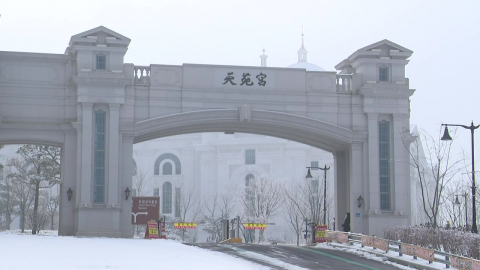
-
송광석 전 UPF 회장, 국회의원 불법 후원 혐의 송치
송광석, 앞서 ’세계평화국회의원연합’ 회장 역임
의원·장관·대사 등 10여 명 만나거나 접촉 시도
일본·대만 정치인 만났다는 내용도 여러 차례 담겨




